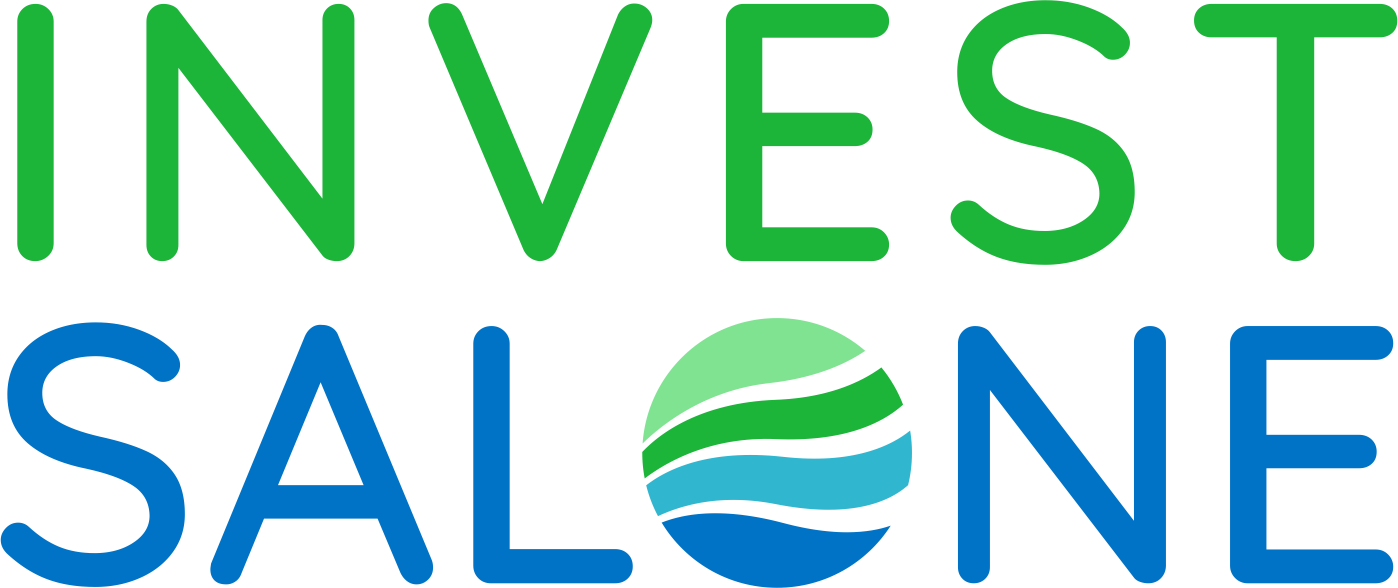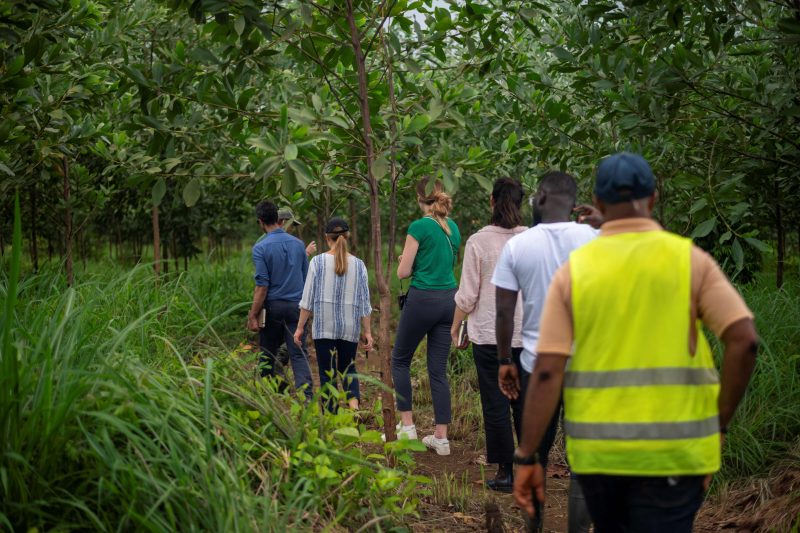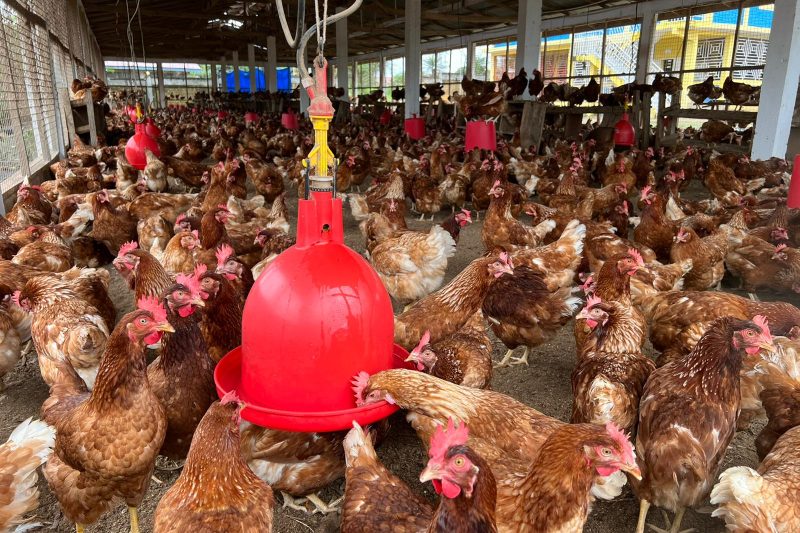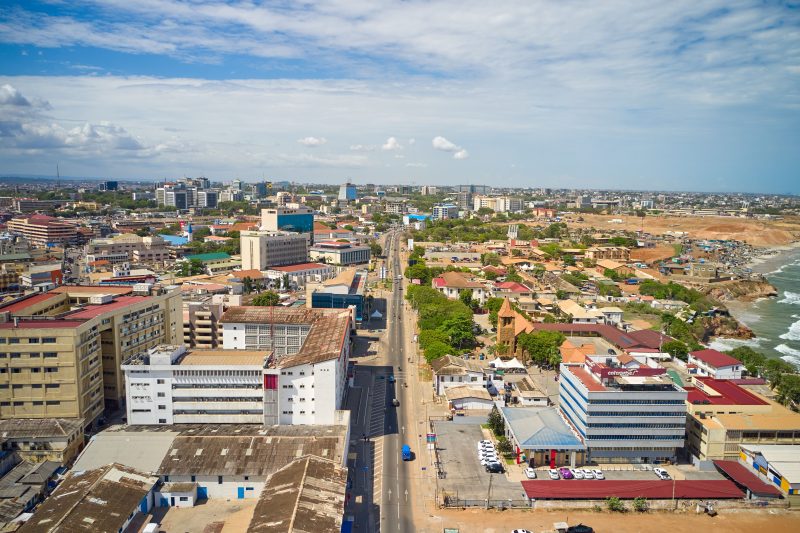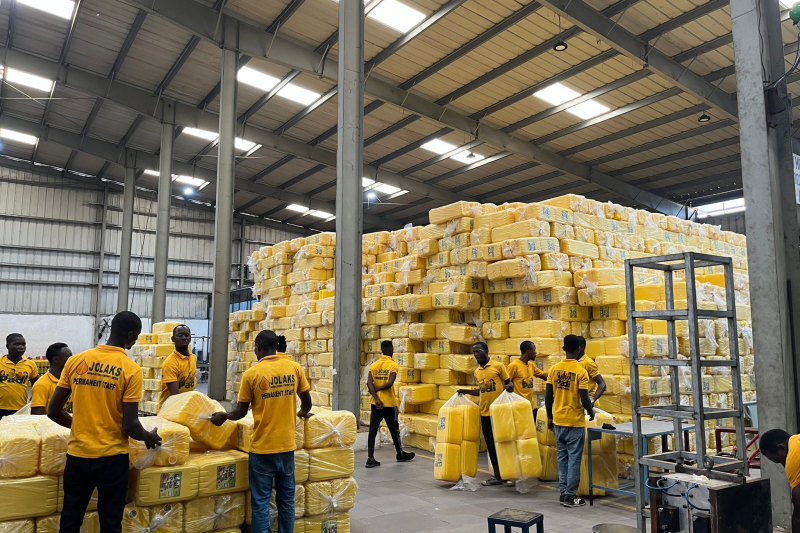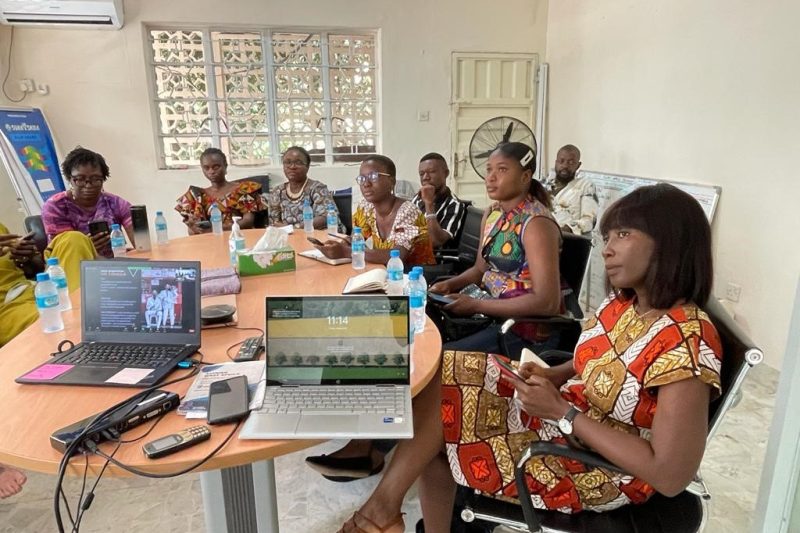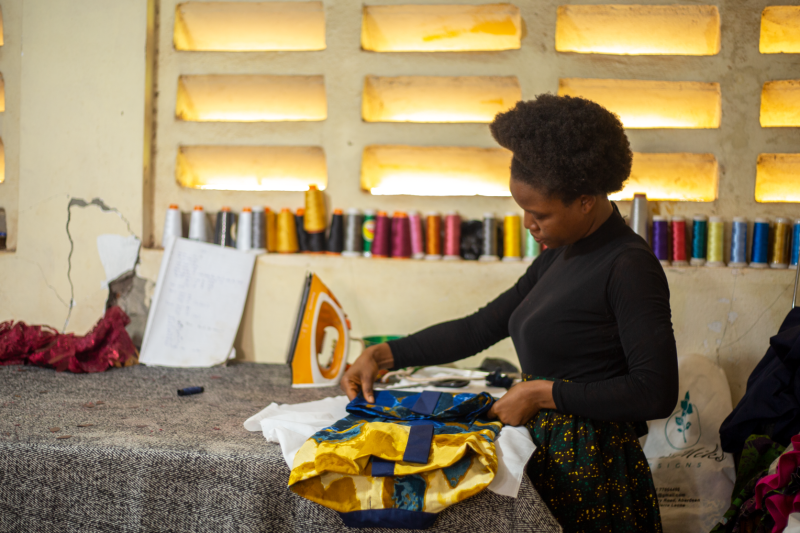The cashew industry in Sierra Leone has significant export potential if the reasons for the sector’s low productivity are identified and yields are improved, concludes the most comprehensive survey of cashew farming in Sierra Leone.
The research was commissioned by Invest Salone, the UK-government funded private sector initiative, to augment previous studies by conducting a scientifically robust survey of Sierra Leone’s cashew sector.
It covers the 2021 season, providing up-to-date information on area under cultivation, management and quality of farms, number of cashew trees, yields, processing and sales, location and number of farmers, as well as their age, gender and experience. The findings are based on interviews with 1,333 farmers and visits to 432 farms across 13 districts.
According to the survey, Sierra Leone has 226 km2 of land area under cashew cultivation and just under 8,500 cashew farmers, mostly in Kambia, Port Loko, Karene, Tonkolili and Bombali. Most farmers are in their mid- to late 40s. Only 4% are less than 30 years old and only 8% are women.
Yield in 2021 was approximately 772 tonnes, enough to fill 31 x 40-foot containers. Based on spacing of 10 metres between trees, the survey concludes that there are presently around two million cashew trees across Sierra Leone. Many have been planted in the past three years and within three years, as they become productive, yields should increase to more than 1,000 tonnes, enough to fill 41 x 40-foot containers.
Although the raw cashew nuts harvested are of good quality, the average yield for mature cashew trees in Sierra Leone is low in comparison to nearby Ghana and Ivory Coast, where yields are reported of 5–15 times higher than our own.
Jon Bart who led the survey work concluded: “Reasons for this large difference in yield between Sierra Leone and other countries in the region are unclear. The survey has ruled out disease, pests, dry weather, and poor soil as causes. On a positive note, however, Sierra Leone’s cashew nuts are of remarkable quality and Sierra Leonean producers should make the most of this. Taken together, these findings show that cashew nuts can become one of Sierra Leone’s major export products.”
Over half of farmers (56%) sold to traders, followed by the two companies exporting through the Freetown Port – Melo Africa and Balmed.
The report concludes that there are significant opportunities for Sierra Leone’s cashew sector to attract major buyers; expand the area in cultivation; increase productivity and attract higher prices from buyers by catering to their specific needs.
Mr. Bart added: “This report supports Sierra Leone’s already strong position to attract major buyers. With an aggressive programme of promotion from companies who wish to export, we believe it will not be too difficult to find buyers willing to talk seriously about purchasing large volumes.”
Copies of the survey can be downloaded from the Invest Salone website.
